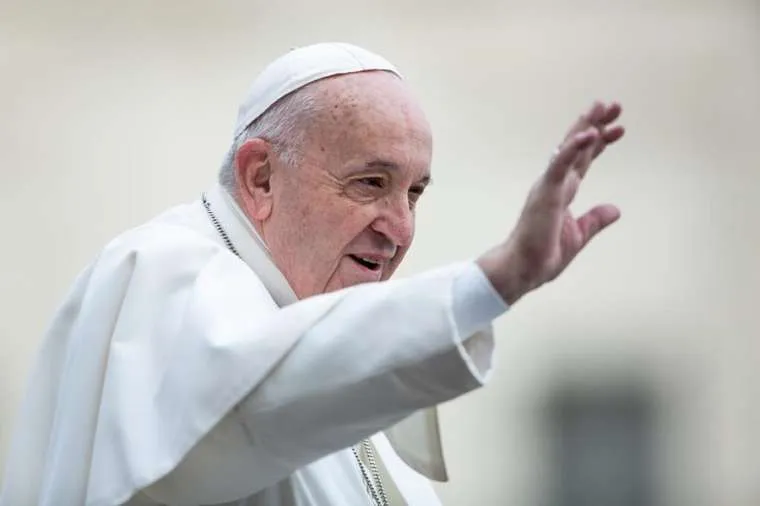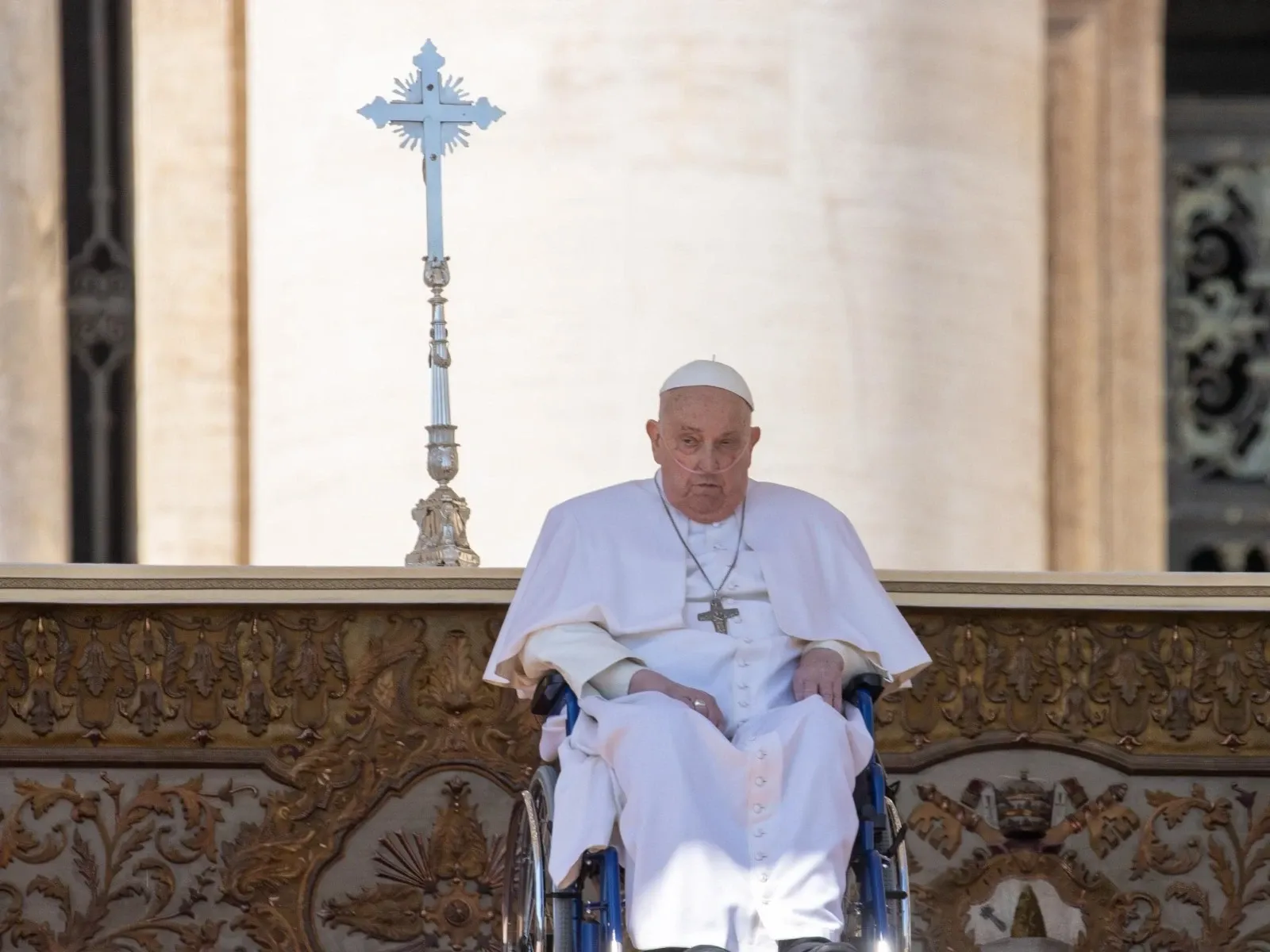In this letter, the pope highlighted the distinction between “‘established’ (or ‘lay’) ministries and ‘ordained’ ministries,” and expressed hope that opening these lay ministries to women might “better manifest the common baptismal dignity of the members of the People of God.”
He said: “The Apostle Paul distinguishes between gifts of grace-charisms (‘charismata’) and services (‘diakoniai’ - ‘ministry [cf. Rom 12, 4ff and 1 Cor 12, 12ff]). According to the tradition of the Church, the various forms that charisms take when they are publicly recognized and are made available to the community and its mission in a stable form are called ministries,” the pope wrote in the letter published Jan. 11.
“In some cases the ministry has its origin in a specific sacrament, Holy Orders: these are the ‘ordained’ ministries, the bishop, the presbyter, the deacon. In other cases the ministry is entrusted, with a liturgical act of the bishop, to a person who has received Baptism and Confirmation and in whom specific charisms are recognized, after an adequate journey of preparation: we then speak of ‘instituted’ ministries.”
The pope noted that there is “an ever greater urgency today to rediscover the co-responsibility of all the baptized in the Church, and especially the mission of the laity.”
He said that the 2019 Synod of Bishops for the Pan-Amazonian region “signaled the need to think about ‘new paths for ecclesial ministeriality,’ not only for the Amazonian Church, but for the whole Church, in the variety of situations.”
“It is urgent that they be promoted and confer ministries on men and women ... It is the Church of baptized men and women that we must consolidate by promoting ministry and, above all, awareness of baptismal dignity,” Pope Francis said, quoting the synod’s final document.
Pope Paul VI abolished the minor orders (and the subdiaconate) and established the ministries of lector and acolyte in the motu proprio, “Ministeria quaedam,” issued in 1972.
“The Acolyte is established to help the Deacon and to minister to the Priest. It is therefore his duty to take care of the service of the altar, to help the Deacon and the Priest in liturgical actions, especially in the celebration of the Holy Mass,” Paul VI wrote.
Potential responsibilities for an acolyte include distributing Holy Communion as extraordinary minister if such ministers are not present, publicly exposing the Sacrament of the Eucharist for adoration by the faithful in extraordinary circumstances, and “the instruction of the other faithful, who, on a temporary basis, help the deacon and the priest in liturgical services by carrying the missal, cross, candles, etc.”
“The Acolyte, destined in a special way to the service of the altar, learns all those notions concerning divine public worship and strives to understand its intimate and spiritual meaning: in this way he can offer himself, every day, completely to God and be, in the temple, an example to all for his serious and respectful behavior, and also to have a sincere love for the mystical body of Christ, or people of God, and especially for the weak and the sick,” “Ministeria quaedam” says.








